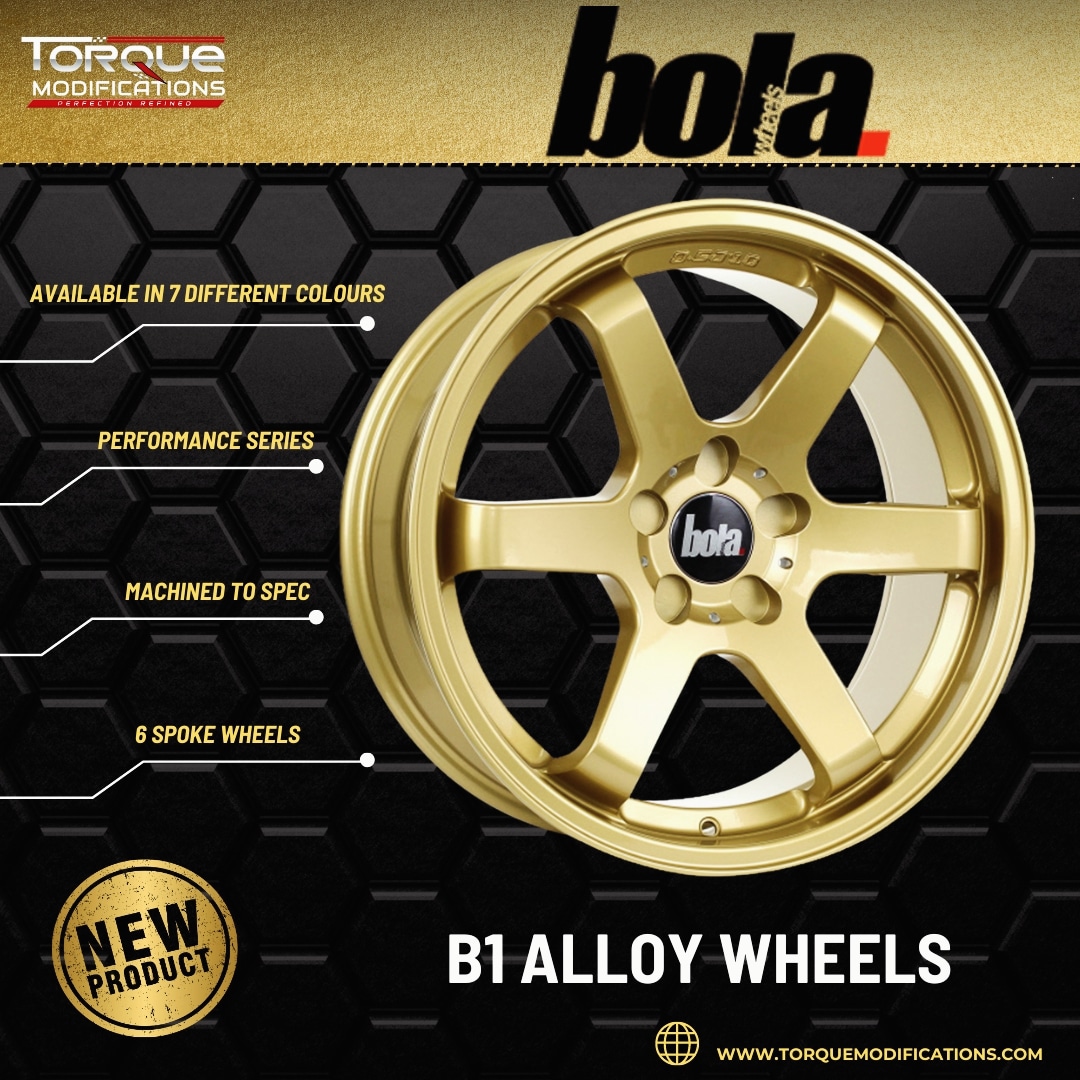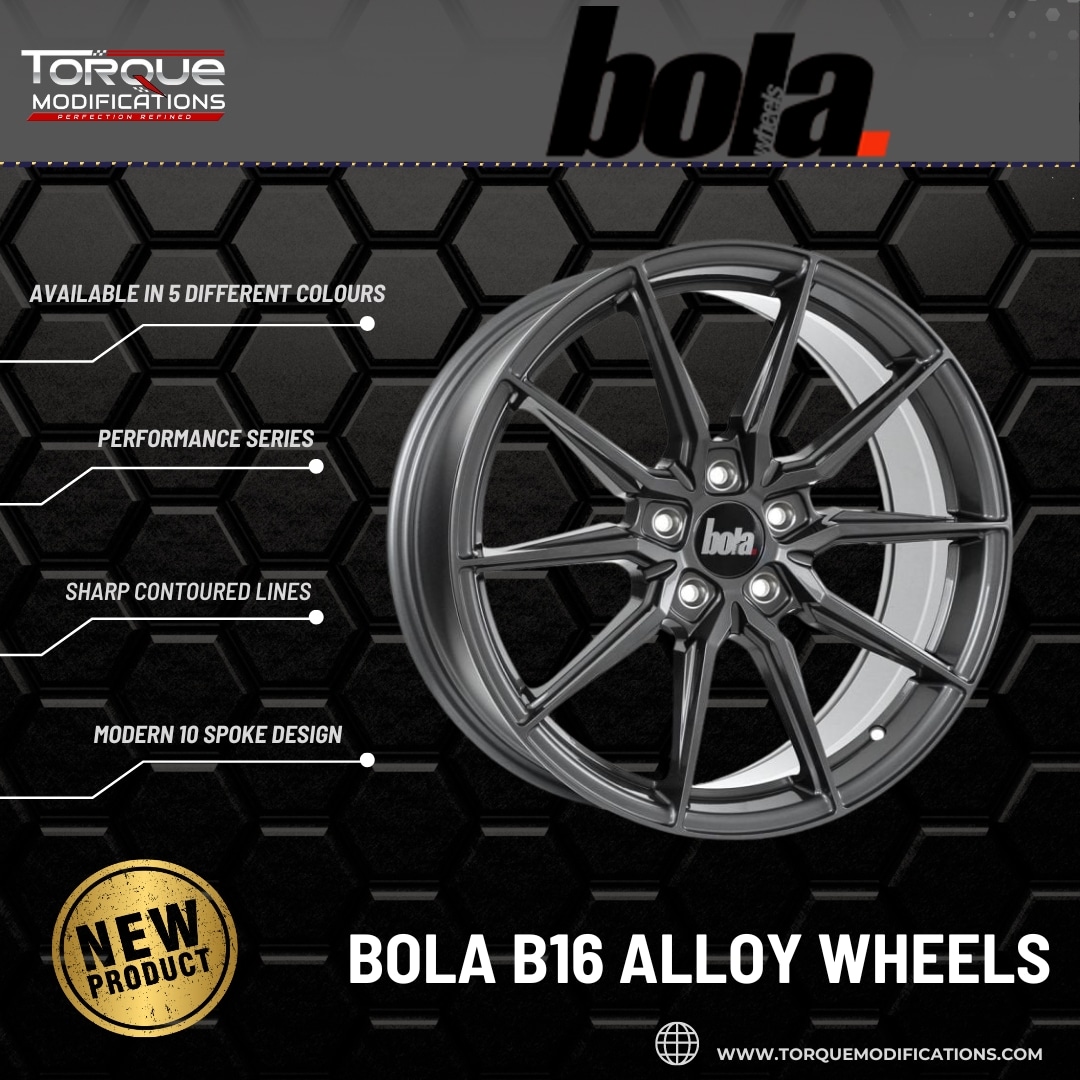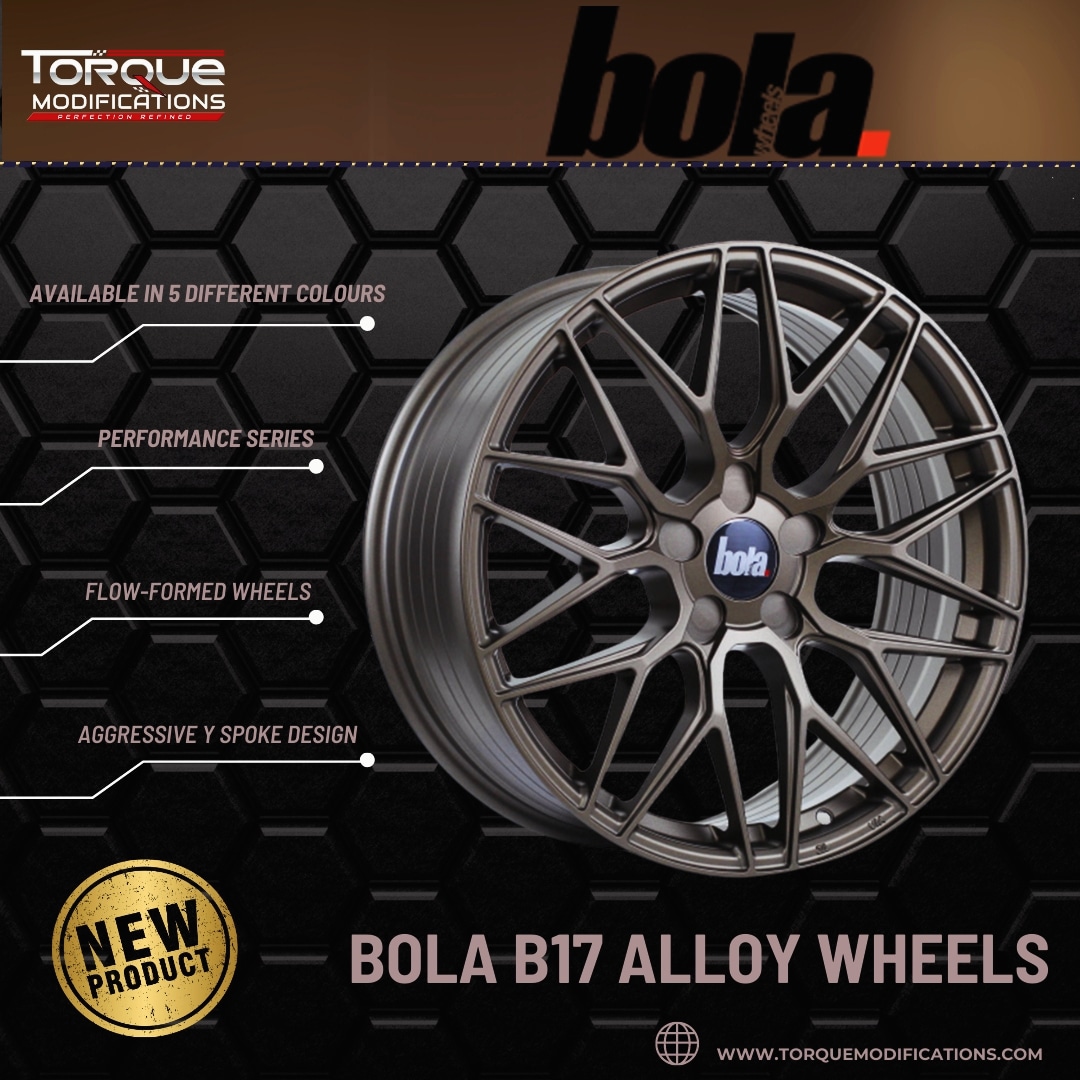Blog
Introducing Our New Alloy Wheel Range: Quality, Variety, and Excellence
Welcome to our latest blog post, where we are excited to introduce our new range of alloy wheels now available in our online shop. As a company dedicated to enhancing your driving experience, we understand the importance of high-quality, aesthetically pleasing, and performance-boosting wheels. In this post, we will explore the different types of alloy wheels we offer, their manufacturing processes, and the reasons behind these methods.
Types of Alloy Wheels
Our new alloy wheel range includes a variety of designs and finishes, ensuring there is something for every car enthusiast:
- Cast Alloy Wheels:
- Description: Cast alloy wheels are created by pouring molten aluminium into a mold.
- Advantages: These wheels are known for their affordability and flexibility in design. The casting process allows for intricate designs and detailed finishes.
- Applications: Ideal for daily drivers who want a blend of style and performance without breaking the bank.
- Forged Alloy Wheels:
- Description: Forged alloy wheels are made by compressing a solid piece of aluminium under high pressure.
- Advantages: This process creates a wheel that is incredibly strong and lightweight, offering superior performance and durability.
- Applications: Perfect for high-performance vehicles and racing enthusiasts who demand the best in strength-to-weight ratio.
- Flow-Formed Alloy Wheels:
- Description: Flow forming involves casting the wheel and then using high pressure to stretch and form the aluminium into its final shape.
- Advantages: These wheels provide a middle ground between cast and forged wheels, offering a balance of strength, weight, and cost.
- Applications: Great for drivers who want enhanced performance without the premium cost of fully forged wheels.
The Manufacturing Processes Explained
- Casting:
- Process: Molten aluminium is poured into a pre-shaped mold where it cools and solidifies.
- Benefits: This method is cost-effective and allows for a wide variety of designs. However, it may not provide the same strength and weight benefits as other methods.
- Forging:
- Process: A solid piece of aluminium is subjected to intense heat and pressure, forming it into the shape of a wheel.
- Benefits: Forging enhances the aluminium’s molecular structure, resulting in a wheel that is exceptionally strong and lightweight. This process also reduces the likelihood of defects and imperfections.
- Flow Forming:
- Process: After casting, the wheel is heated and spun while rollers apply pressure to stretch and shape the aluminium.
- Benefits: Flow forming improves the wheel’s grain structure, providing added strength and reduced weight compared to traditional cast wheels. It also allows for more design flexibility than forging alone.
Why Are Alloy Wheels Manufactured This Way?
The manufacturing processes for alloy wheels are designed to balance cost, strength, weight, and design flexibility. Here is why each method is used:
- Cost Efficiency: Casting is the most cost-effective method, making it ideal for producing wheels in large quantities at an affordable price.
- Strength and Performance: Forged wheels are manufactured to be strong and lightweight, catering to high-performance needs where durability and reduced weight are crucial.
- Design Versatility: Both casting and flow forming allow for intricate and customisable designs, giving customers a wider range of options to match their personal style.
Conclusion
Our new range of alloy wheels offers something for everyone, whether you’re looking for cost-effective style, high-performance strength, or a balance of both. Each type of wheel is manufactured with precision and care, ensuring you get the best quality and performance for your vehicle.
Visit our online shop today to explore our full range of alloy wheels and find the perfect set to elevate your driving experience. Remember, the right set of wheels can transform not only the look of your car but also its performance on the road.










